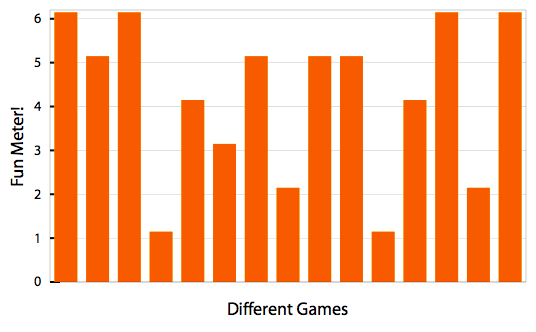Stuff I wrote elsewhere, in response to:
You see, science requires proof and rational explanation behind every statement. There may be certain ‘statements’ (that have no)/(cannot have any) proof in the language called as ‘science’.
I’ve been meaning to say something about this ever since I saw it, but didn’t make the time earlier.
No, science does not require a proof or rational explanation behind every statement. All science tries to do is to explain (more and more complicated things) based on logically sound arguments following from (simpler and simpler) assumptions that most people (can and do) agree on. These axioms form the basic tenets of a theory.
You take a (believable enough) axiom, “time cannot flow backward”, say. You then make rational arguments based on and building upon this fact, you get a theory. If the theory fits most things you see in everyday life, it is a good theory. Whether or not the basic axiom is true, is not important. It sure needn’t be proved, as science does not require it. All science says is if you’re willing to accept it, everything based on it is logically true, and holds. (Which implicitly carries along with it the caveat, true as long as your axioms were.)
Interestingly enough, most things we call laws today were pretty much just statements from very brilliant people, with insanely keen insight into how things might be behaving. Again, the general import here is that they just work, they fit all that we see, there are no obvious counter observations, and therefore, the statement was a building block of science. It didn’t matter if they were stated with proof or not, they worked beautifully, and thus true for all practical purposes.
Case in point, if Newton just said oh, “rate of change of the momentum of a particle is directly proportional to the net external force acting on it”, it doesn’t matter to anyone whether it came with a proof or not. For almost all systems we get to observe in our daily lives, this is a true statement, and thus, we, even as scientists, can “just accept” it. Sure, it can be easily proved today from more general mechanics descriptions making suitable assumptions on the space we live in (space is homogeneous, say). But then again, these other more general mechanics descriptions have their own set of axioms which were arbitrarily chosen (but intelligently argued) to be true.
To conclude, I reiterate — science does not require proof or rational explanation behind every statement. Science takes few building blocks without proof and logically draws conclusions from them. So yes, you were right that there are statements which have no proof in science, but it’s not some secret. Science gladly accepts that.
They’re called axioms, and stated upfront every time a theory is proposed.


